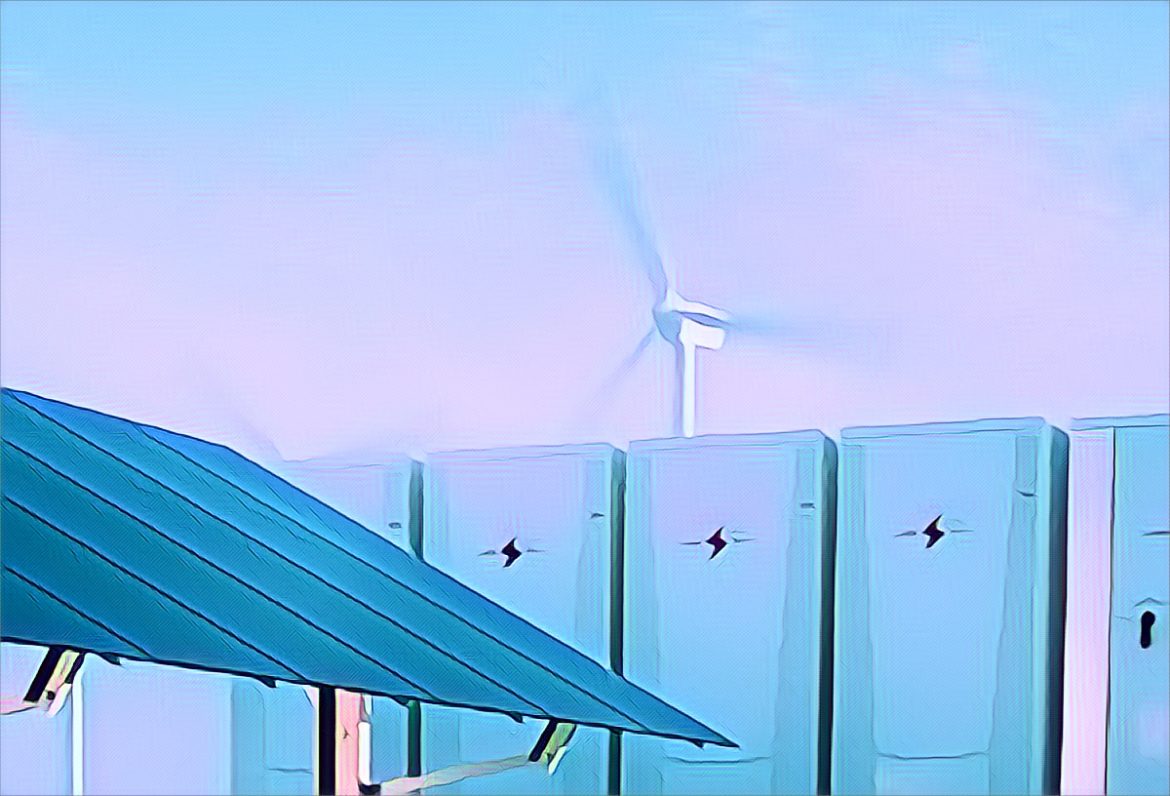408
The South African Department of Mineral Resources and Energy (DMRE) has once again postponed the bidding deadlines for the procurement of new renewable energy projects and battery storage systems. This latest delay marks a significant setback in the country’s efforts to transition to a more sustainable energy grid.
Initially, the deadlines were set for May, but the DMRE has now pushed them to later dates, citing the need for additional time to finalize the tender documents and address stakeholder concerns. This delay affects several rounds of the Renewable Energy Independent Power Producer Procurement Program (REIPPPP), which is central to South Africa’s strategy to increase its renewable energy capacity.
The REIPPPP is designed to attract private sector investment into renewable energy projects, aiming to add thousands of megawatts to the national grid. These projects include wind, solar, and other green energy sources, alongside essential battery storage systems to stabilize supply.
Energy experts and industry stakeholders have expressed frustration over the repeated delays, warning that they could undermine investor confidence and slow down the country’s renewable energy rollout. South Africa, which relies heavily on coal for electricity, faces growing pressure to reduce its carbon footprint and address frequent power outages.
The DMRE has reassured stakeholders that the delays are necessary to ensure a fair and competitive bidding process. The department emphasized its commitment to transparency and the successful implementation of these projects, which are critical for meeting the country’s energy demands and environmental goals.
In response to the delays, some industry leaders are calling for more streamlined processes and clearer timelines to prevent future disruptions. They argue that consistent delays could deter potential investors and hinder progress towards achieving South Africa’s renewable energy targets.
The postponed deadlines come at a time when South Africa is grappling with an energy crisis characterized by rolling blackouts, known locally as load shedding. The integration of renewable energy and battery storage is seen as a vital solution to these challenges, promising to provide a more reliable and sustainable energy supply.
Despite the setbacks, there is optimism that South Africa can overcome these hurdles and successfully transition to a greener energy grid. The government’s commitment to renewable energy remains strong, and the upcoming bidding rounds are expected to attract significant interest from both local and international investors.
As the country moves forward, the successful implementation of renewable energy projects will be crucial in addressing its energy needs, reducing greenhouse gas emissions, and fostering economic growth. The hope is that with improved planning and execution, South Africa can set a positive example for other nations transitioning to sustainable energy sources.
Source: Engineering News
Initially, the deadlines were set for May, but the DMRE has now pushed them to later dates, citing the need for additional time to finalize the tender documents and address stakeholder concerns. This delay affects several rounds of the Renewable Energy Independent Power Producer Procurement Program (REIPPPP), which is central to South Africa’s strategy to increase its renewable energy capacity.
The REIPPPP is designed to attract private sector investment into renewable energy projects, aiming to add thousands of megawatts to the national grid. These projects include wind, solar, and other green energy sources, alongside essential battery storage systems to stabilize supply.
Energy experts and industry stakeholders have expressed frustration over the repeated delays, warning that they could undermine investor confidence and slow down the country’s renewable energy rollout. South Africa, which relies heavily on coal for electricity, faces growing pressure to reduce its carbon footprint and address frequent power outages.
The DMRE has reassured stakeholders that the delays are necessary to ensure a fair and competitive bidding process. The department emphasized its commitment to transparency and the successful implementation of these projects, which are critical for meeting the country’s energy demands and environmental goals.
In response to the delays, some industry leaders are calling for more streamlined processes and clearer timelines to prevent future disruptions. They argue that consistent delays could deter potential investors and hinder progress towards achieving South Africa’s renewable energy targets.
The postponed deadlines come at a time when South Africa is grappling with an energy crisis characterized by rolling blackouts, known locally as load shedding. The integration of renewable energy and battery storage is seen as a vital solution to these challenges, promising to provide a more reliable and sustainable energy supply.
Despite the setbacks, there is optimism that South Africa can overcome these hurdles and successfully transition to a greener energy grid. The government’s commitment to renewable energy remains strong, and the upcoming bidding rounds are expected to attract significant interest from both local and international investors.
As the country moves forward, the successful implementation of renewable energy projects will be crucial in addressing its energy needs, reducing greenhouse gas emissions, and fostering economic growth. The hope is that with improved planning and execution, South Africa can set a positive example for other nations transitioning to sustainable energy sources.
Source: Engineering News



